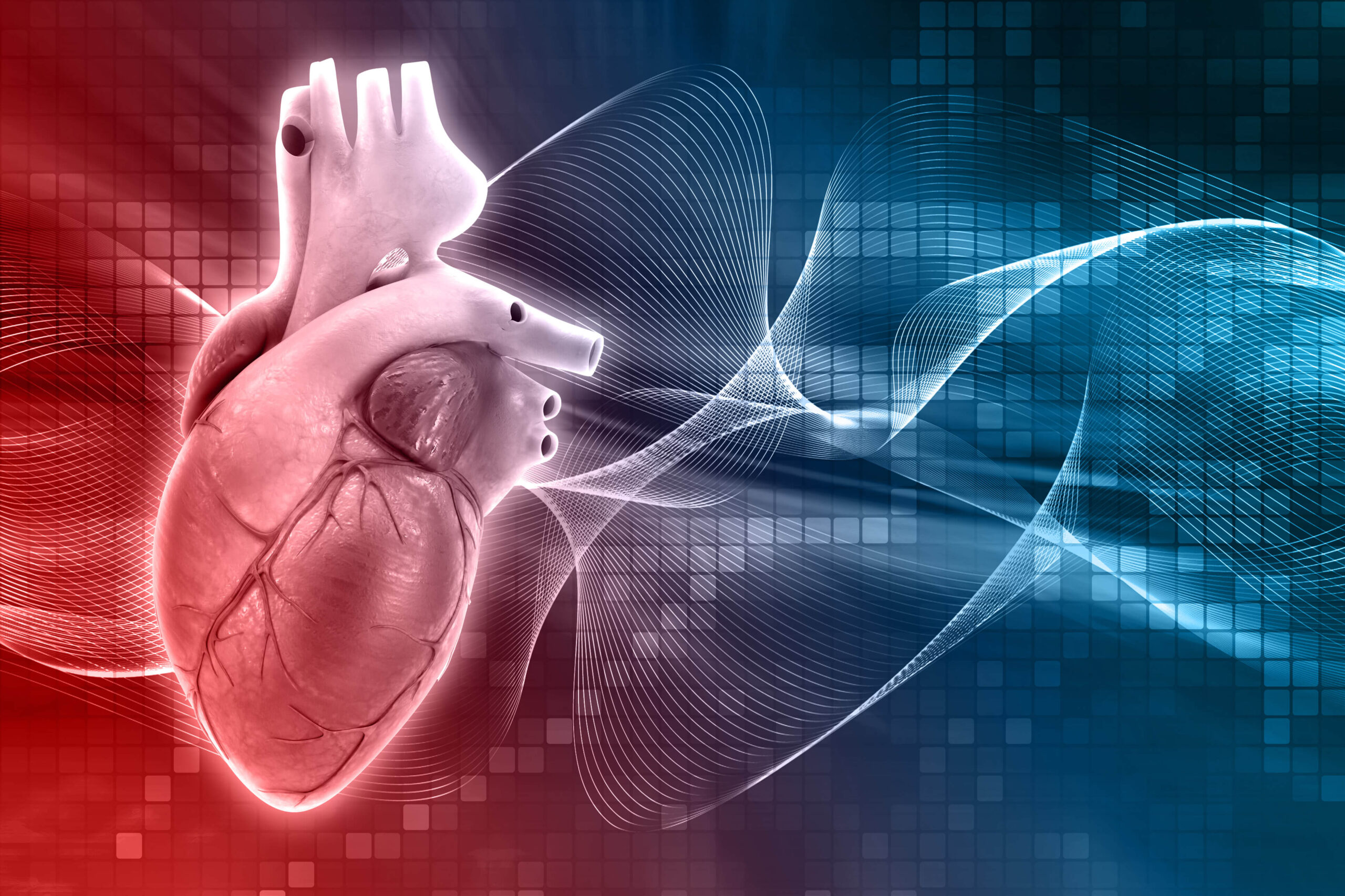The term “Cardiovascular Disease” refers to a condition that may damage the heart and arteries supplying blood. These conditions are responsible for a significant amount of morbidity and mortality. It is necessary to have a solid understanding of their types and risk factors. The factors that contribute to their development, and the measures that may be taken to protect against them. This blog post will discuss four common CVDs and their symptoms. The following are the four most common kinds of cardiovascular disease:
1. Coronary Artery Disease (CAD):
The most prevalent form of cardiovascular illness in the world is Coronary Artery Disease (CAD), brought on by the progressive accumulation of cholesterol and plaque in the coronary arteries that roots them to narrow or block. Angina or heart attacks (myocardial infarctions) may result from this. A standard treatment for Coronary Artery Disease is changing one’s lifestyle, taking medication, or having surgery like angioplasty, stent implantation, or coronary artery bypass grafting (CABG). High blood pressure, smoking, high cholesterol, obesity, and a sedentary lifestyle are typical risk factors for Coronary Artery Disease. Changing one’s lifestyle and using medication to control these risk factors may aid in preventing Coronary Artery Disease.
2. High Blood Pressure Or Hypertension:
The chronic illness known as Hypertension is defined by abnormally high blood pressure levels. This condition may cause damage to the arteries and the heart health, which raises the risk of cardiovascular diseases, stroke, and other consequences. Modifications to one’s lifestyle, including a balanced diet, consistent exercise, and medication use, are often used to manage Hypertension. Medical professionals may suggest healthy eating, training, and medication control. Medication may be advised.
3. Heart Stroke:
Due to issues with the blood vessels, stroke, a heart condition, is intimately associated with cardiovascular disease. Hemorrhagic strokes happen after a blood vessel ruptures, though ischemic strokes happen when a blood clot plugs an artery in the brain. Both can result in severe effects, such as paralysis, brain damage, or even death. Dealing risk factors, such as high blood pressure, diabetes, and excessive cholesterol, is a component of prevention measures. Sudden numbness, weakness, confusion, trouble speaking, and excruciating migraines are a few symptoms of a stroke. Prompt medical intervention is essential to reduce brain damage in the event of a stroke. As part of a prevention strategy, one should maintain a healthy lifestyle, control risk factors, and take prescription drugs as a medical specialist instructs.
4. Heart Failure:
Heart failure, caused by underlying cardiovascular disorders such coronary artery disease (CAD), Hypertension, or cardiomyopathy, is a disorder where the heart muscle cannot pump blood efficiently. Fatigue, shortness of breath, swelling in the legs and ankles, and decreased physical activity are all symptoms. Changes in lifestyle, low-sodium diets, hydration restrictions, drugs, and, in certain situations, the use of pacemakers or ventricular assist devices (VADs) are all part of managing heart failure. For better results, early detection and immediate treatment are crucial. Medication, dietary changes, and, in severe situations, heart transplants are all possible forms of treatment.
Conclusion:
Cardiovascular diseases are a complex condition affecting the heart and blood vessels. Understanding the different types, risk factors, and symptoms is crucial for early detection and prevention. By implementing a healthy lifestyle, managing risk factors, and seeking regular medical check-ups, individuals can reduce their risk of these diseases and enjoy a healthier, longer life. It is the mandatory to consult a healthcare professional for personalized advice and treatment options if you have concerns about your heart health in Dubai. Then, The German Heart Centre in Dubai takes a comprehensive, interdisciplinary approach to patient care. Their particular treatment plan is customized to the individual patient’s state, and it may contain a mix of these treatments to maximize the patient’s vascular health and minimize the risk of problems.
The German Heart Centre in Dubai provides interdisciplinary vascular disease therapy. PAD, carotid artery disease, aortic aneurysms, and venous problems need lifestyle changes, pharmacological treatment, minimally invasive procedures, and surgery. Patients get a customized treatment plan to improve vascular health and prevent problems.

